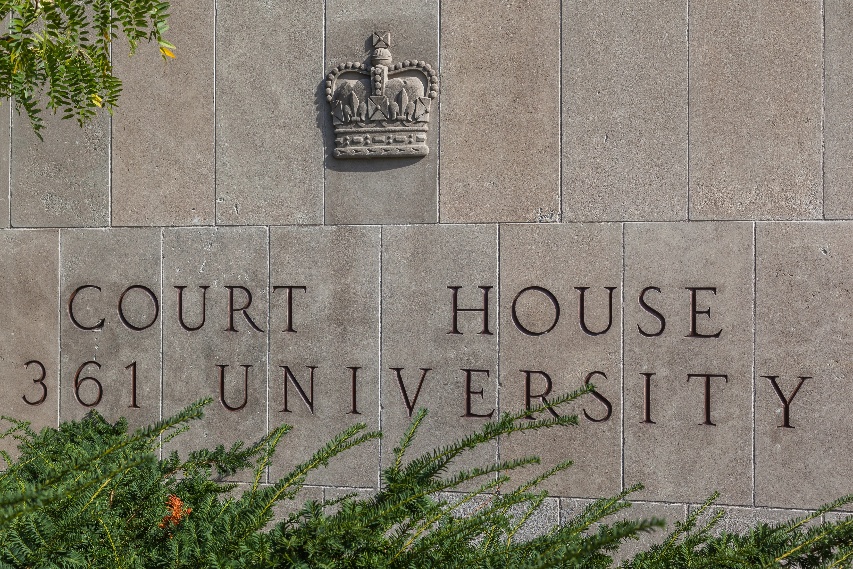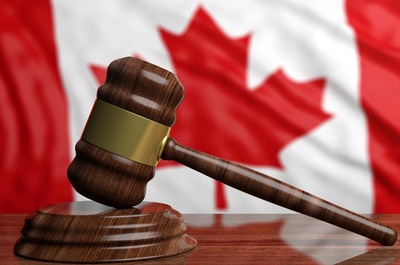Navigating the complexities of drug offences and possession charges in Canada requires a clear understanding of the legal framework and potential consequences. Whether you are faced with a simple possession charge or a more serious drug-related allegation, a possession defence lawyer is critical in navigating the legal process and securing the best possible outcome for your case.
Laws Governing Possession of Drugs in Canada
The Controlled Drugs and Substances Act (CDSA)
The Controlled Drugs and Substances Act (CDSA) is the primary legislation in Canada governing the control, distribution, and possession of controlled substances. Enacted to promote public health and safety, the CDSA categorizes drugs and substances into schedules, each representing a different class of drugs based on their potential for abuse and medical utility.
The CDSA categorizes controlled substances into four schedules that determine the range of sentencing:
- Schedule I – Heroin, cocaine, opium, oxycodone, fentanyl, morphine, methamphetamine, and amphetamines.
- Schedule II – Cannabis, its preparations, and derivatives such as hashish.
- Schedule III – Lysergic acid diethylamide (LSD) and psilocybin (magic mushrooms).
- Schedule IV – Barbiturates, diazepam, benzodiazepine and anabolic steroids are examples.
- Schedule V – Repealed
- Schedule VI – Class A Precursors.
- Schedule VII – specifies 3 kilograms as an amount of cannabis that triggers certain higher penalties.
- Schedule VIII – specifies 1 gram of cannabis resin or 30 grams of cannabis as amounts that can attract lesser penalties.
Under Section 4(1) of the CDSA, possessing any amount of a controlled substance listed in Schedules I, II, III, or IV without legal authorization is illegal and considered unlawful possession. Authorized possession is permitted under specific circumstances such as prescriptions issued by healthcare professionals or licenses for research purposes.
Cannabis Act
With the legalization of cannabis in October 2018, the Cannabis Act now regulates the possession, distribution, and consumption of cannabis in Canada. This Act allows adults over the age of 18 (or 19 in some provinces) to possess and also to share up to 30 grams of cannabis with other adults, and grow up to four cannabis plants per residence for personal use.
What is a Simple Possession Charge in Canada?
A simple possession charge refers to the offence of possessing a controlled substance for personal use. Under the Controlled Drugs and Substances Act (CDSA), possessing any amount of a drug listed in Schedules I through IV without a valid prescription or authorization is illegal.
To be charged with simple possession an individual must knowingly and willingly be in possession of an illegal substance. This means that the person must be aware of the substance’s presence and its illegal nature. While simple possession typically refers to small quantities intended for personal use, larger amounts can lead to assumptions of intent to distribute, escalating the charge and its associated penalties.
The specific drug involved plays a significant role in the severity of the charge. For instance, possession of Schedule I substances, which are considered more dangerous, often results in harsher penalties compared to possession of Schedule IV substances.
Legal Definitions in Simple Possession Charges
Possession is not just limited to having an illegal substance directly on your person; it also encompasses other scenarios that denote control or knowledge of a controlled substance. Possession can be categorized into three primary types: actual possession, constructive possession, and joint possession, each with distinct legal implications and defence strategies.
- Actual Possession: The illegal substance is found directly on the individual’s person, such as in their clothing or in a bag they are carrying.
- Constructive Possession: The individual does not have the substance on their person but has control over it, such as in a vehicle they own or in their home.
- Joint Possession: Possession can be shared among multiple parties who have knowledge and control over the substance.
What are the Potential Penalties for Possession?
The penalties for possession of drugs in Canada can vary significantly depending on several factors, including the type and amount of the substance, the individual’s prior criminal record, and any aggravating circumstances.
Schedule I Substances
- Indictable Offense: Can result in a fine of up to $1,000, imprisonment for up to seven years, or both.
- Summary Conviction: May lead to a fine of up to $2,000 and/or shorter imprisonment of up to one year.
Schedule III Substances
- Indictable Offense: Can result in a fine of up to $1,000, imprisonment for up to three years or both.
- Summary Conviction: May lead to a fine of up to $2,000 and/or shorter imprisonment of up to one year.
Schedule IV Substances
- Indictable Offense: Can result in a fine of up to $1,000, imprisonment for up to one year, or both.
- Summary Conviction: May lead to a fine of up to $2,000 and/or imprisonment of up to one year.
Cannabis
With the legalization of cannabis, possessing more than the legal limit or unlicensed distribution can still result in penalties.
- Summary Offense: Up to six months in jail and/or a fine of up to $5,000 for minor infractions.
- Indictable Offense: Up to five years imprisonment for more serious breaches of the cannabis Act.
Factors Influencing Sentencing
Several factors can influence the severity of the penalties for possession charges:
- Quantity of substance
- Type of substance
- Aggravating factors such as possession near schools, involving minors, or while operating a vehicle
- Prior criminal record
How a Brampton Criminal Lawyer Can Help
A possession defence lawyer brings specialized knowledge and experience to navigate the complexities of drug-related charges, ensuring that your rights are protected throughout the legal process. From the moment you’re charged a qualified lawyer will provide invaluable guidance, advising you on immediate steps to take such as refraining from making any statements without legal counsel. They will review the evidence against you, exploring every possible defence strategy, including questioning the legality of the search and seizure that led to the discovery of the drugs or challenging the prosecution’s ability to prove that you knowingly possessed the substance.
Whether negotiating plea bargains to reduce charges or penalties or representing you in court to seek an acquittal or lenient sentence, a possession defence lawyer is crucial in striving for the most favourable outcome. A lawyer will also prepare you for every stage of the legal process, from pre-trial motions to the final verdict, making sure you understand your options and the potential consequences.
If you are facing possession charges, do not wait to seek legal counsel. Contact Zamani Law today to schedule a consultation with our Brampton possession defence lawyers.





